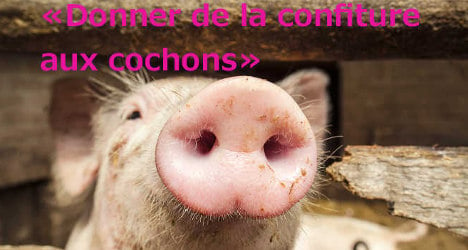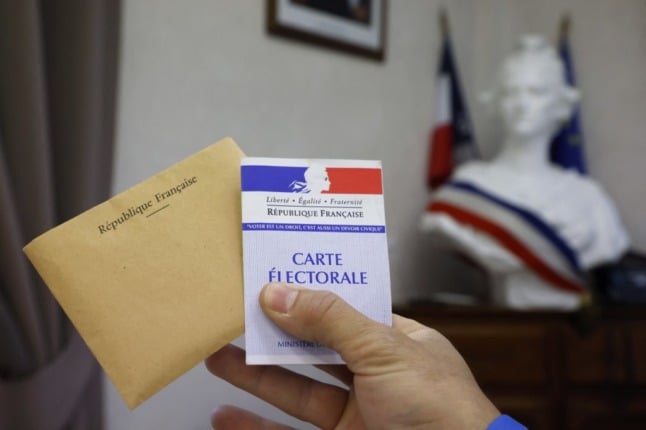A new poll published this week has revealed France's most popular expressions as well as the funniest and stupidest turns idioms.
From “killing donkeys with figs” to “stuffing turkeys” The Local has gathered together France’s favourite phrases as well as a couple extras to see how well our readers know their French expressions.
Take a look through the slideshow and the meanings of the idioms will be revealed at the end. But first see how many you can guess.




 Please whitelist us to continue reading.
Please whitelist us to continue reading.
Member comments